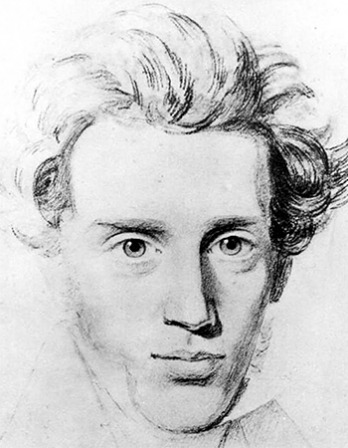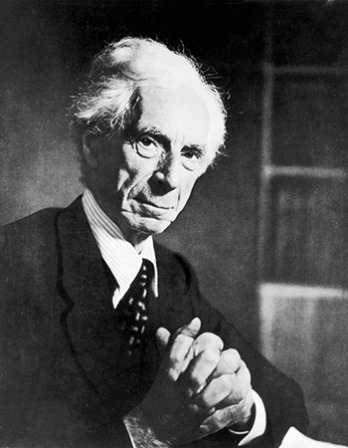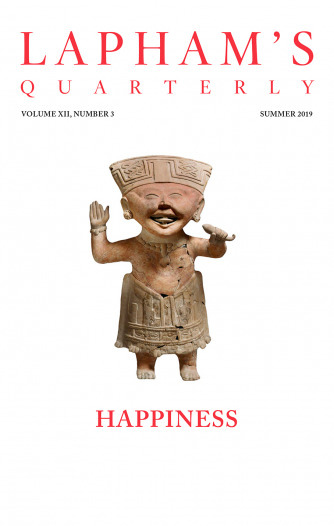Man is everywhere a disturbing agent. Wherever he plants his foot, the harmonies of nature are turned to discords. The proportions and accommodations which insured the stability of existing arrangements are overthrown. Indigenous vegetable and animal species are extirpated and supplanted by others of foreign origin, spontaneous production is forbidden or restricted, and the face of the earth is either laid bare or covered with a new and reluctant growth of vegetable forms and with alien tribes of animal life. These intentional changes and substitutions constitute, indeed, great revolutions, but vast as is their magnitude and importance, they are, as we shall see, insignificant in comparison with the contingent and unsought results which have flowed from them.
The fact that, of all organic beings, man alone is to be regarded as essentially a destructive power, and that he wields energies to resist which nature—that nature whom all material life and all inorganic substance obey—is wholly impotent, tends to prove that, though living in physical nature, he is not of her, that he is of more exalted parentage and belongs to a higher order of existences than those which are born of her womb and live in blind submission to her dictates.
There are, indeed, brute destroyers, beasts and birds and insects of prey—all animal life feeds upon and, of course, destroys other life—but this destruction is balanced by compensations. It is, in fact, the very means by which the existence of one tribe of animals or of vegetables is secured against being smothered by the encroachments of another; and the reproductive powers of species, which serve as the food of others, are always proportioned to the demand they are destined to supply. Man pursues his victims with reckless destructiveness; and, while the sacrifice of life by the lower animals is limited by the cravings of appetite, he unsparingly persecutes, even to extirpation, thousands of organic forms which he cannot consume.
He has felled the forests whose network of fibrous roots bound the mold to the rocky skeleton of the earth; but had he allowed here and there a belt of woodland to reproduce itself by spontaneous propagation, most of the mischiefs which his reckless destruction of the natural protection of the soil has occasioned would have been averted. He has broken up the mountain reservoirs, the percolation of whose waters through unseen channels supplied the fountains that refreshed his cattle and fertilized his fields; but he has neglected to maintain the cisterns and the canals of irrigation which a wise antiquity had constructed to neutralize the consequences of its own imprudence. While he has torn the thin glebe which confined the light earth of extensive plains, and has destroyed the fringe of semiaquatic plants which skirted the coast and checked the drifting of the sea sand, he has failed to prevent the spreading of the dunes by clothing them with artificially propagated vegetation. He has ruthlessly warred on all the tribes of animated nature whose spoil he could convert to his own uses, and he has not protected the birds which prey on the insects most destructive to his own harvests.
Purely untutored humanity, it is true, interferes comparatively little with the arrangements of nature, and the destructive agency of man becomes more and more energetic and unsparing as he advances in civilization, until the impoverishment with which his exhaustion of the natural resources of the soil is threatening him, at last awakens him to the necessity of preserving what is left, if not of restoring what has been wantonly wasted.
From Man and Nature. A lawyer fluent in twenty languages by the age of thirty, Marsh served two terms in Congress in the 1840s. He shared John Quincy Adams’ concern for conservation, and in the 1860s, while serving as the first minister to Italy under appointment from Abraham Lincoln, he wrote his early variation on the theme of radical environmentalism.
Back to Issue




